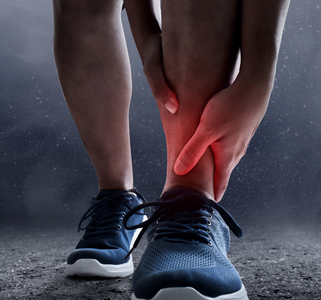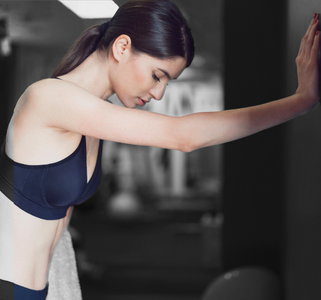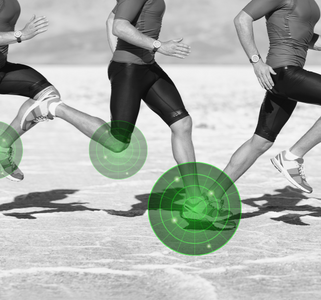




Health Information



6 Tips to Prevent Marathon Injuries

6 Tips to Prevent Marathon Injuries (by Sportsperformance Physiotherapy)
Advices from Therapists: 6 Tips for a 42.2K Run
Take care of existing injuries
| If you are currently suffering from any pain during workouts or previous injuries, you may seek professional advice before continuing your training. Addressing the issues will help you not only to heal but also prevent any future complications. If your pain persists for more than a few days, consider consulting a doctor or a therapist to see what can be done to help. |  |
Know your limit: Don’t overtrain
 |
In the past, we always hear the saying, “No Pain, No Gain”, which sometimes leads us to push ourselves beyond our limits. And some may apply the same concept to marathon running. Nowadays, sports medicine recognizes such a concept can actually cause injury in sports. A study published in the British Journal of Sports Medicine indicated that among all the factors that cause marathon runners' injuries, the strongest predictor was the rapidly increasing training miles. (From novices to experienced runners) Thus, we suggest runners not progress too fast. Look for a proper individual training program focusing on slow but steady progression. |
Run to the shoe store
Don’t use those overworn, ill-fitting, prehistoric shoes for marathon runs or training. Those shoes can change the way you walk. And that can lead to various stresses and injuries to your feet, ankles, and further up the kinetic chain. Now go to a speciality shop and get a pair of shoes that fits you. Tips on choosing the correct shoes can be found here. Alternatively, you can also visit us and talk to our Podiatrist.
Build a solid foundation
Our bodies are very clever. We tend to recruit stronger muscles more to compensate for the weaker ones. And running is a pretty unidirectional sport. Usually, runners tend to have tight hip flexors and calf muscles because of all the running. Consider doing cross-training strengthening exercises 2-3 times a week so that you would be able to train up those muscles specifically to support your running. Consult a running specialist or any physiotherapist who can give you some advice.
Run in a right way
| There are no absolute golden rules for the ‘right’ running posture. But a ‘proper’ running posture will let you run better and faster and also help you prevent any future injuries after the run. For example, you may soon find out that your lower back hurts by hunching your shoulder while running. If you are unsure, you can also visit any clinic that can provide a Running assessment that would evaluate your running style and posture and provide a customized programme tailored to your needs. |  |
Balance is the key
Always remember to give yourself a break. Schedule a day off from here and then. Also adequate night rest is vital for your body to recharge.



